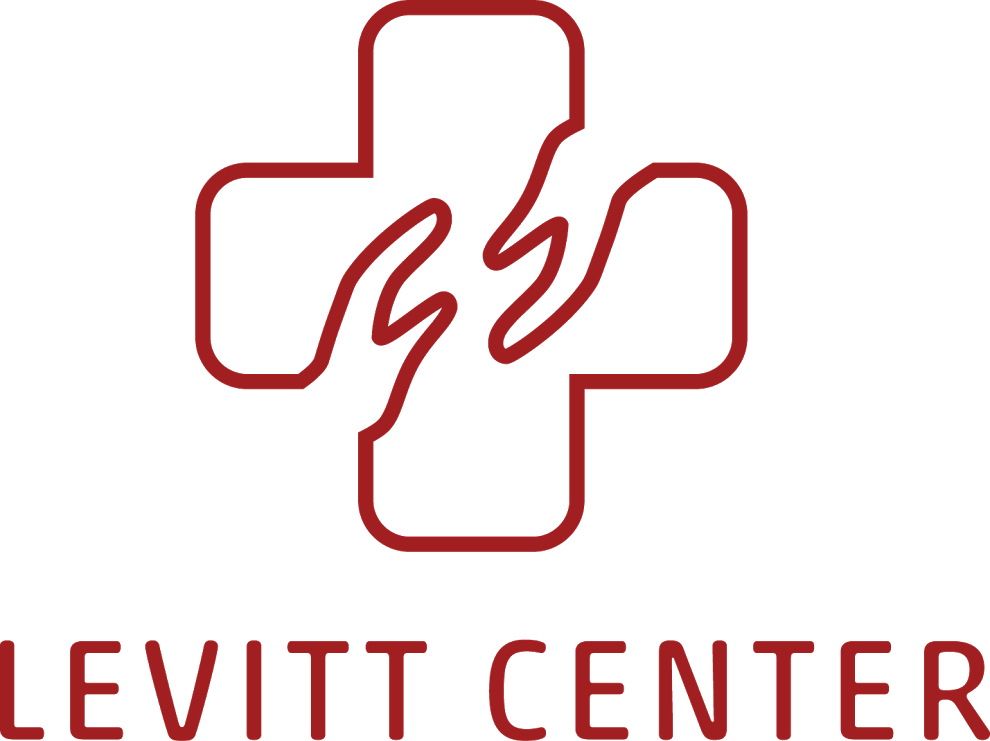HOW DO WE IMPROVE EQUITY IN THE EMERGENCY CARE SYSTEM?
HIGHLAND HEALTH COACH PROGRAM
Program PI: Jocelyn Freeman-Garrick, MD
Program Project Director: Omonivie Agbodige, BA
Evaluation PI: Harrison Alter, MD, MS; Jocelyn Freeman-Garrick, MD; Berenice Perez, MD
Evaluation Program Director: Amelia Wing, BA
The Health Coach program, a collaboration among Alameda Health System, Alameda County Health Services and the Robert Wood Johnson Foundation, trains youth from our community to help patients in our emergency department cope better with diabetes and hypertension. The evaluation, sponsored and conducted by the Levitt Center, is structured as a randomized trial. After providing a brief patient education session in the ED, health coaches learn whether a patient is assigned to usual care to to health coaching, in which case they develop a six-month (or more) longitudinal relationship, reviewing the importance of and tips for medication adherence, and including home visits, texts and phone calls, and help navigating the complex medical care system. Health coaches are well demonstrated as effective in other settings but their efficacy in emergency care is yet unknown. The Health Coach Program is also integrated into the Alameda County Health Pipeline Partnership, in recognition of its contribution to diversification of the health workforce in our community.
See also Brown, Patricia Leigh. "A Chance to Go from Hard Lives to Healing." The New York Times 18 Sept. 2014, about the Alameda County EMS corps.
THE ALAMEDA COUNTY HEALTH PIPELINE PARTNERSHIP
PI: Dr. Jocelyn Freeman Garrick
Funder: The California Endowment
Dr. Freeman Garrck and her team sought and received funding to diversify the health workforce with a multiplex and coordinated program to:
1) Expand the existing Alameda County Health Pipeline Partnershipe (ACHPP) learning community by convening organizations who provide youth and young adults with health career pipeline activities;
2) Expand the advisory council of stakeholders, government, community and education partners to support ACHPP;
3) Focus on recruitment and retention of young men of color into health pipeline programs, with an emphasis on a trauma-informed care model to become the standard amongst programs and agencies that serve and employ men of color;
4) Standardize best practices amongst health pipeline programs; and
5) Document and disseminate outcomes of the ACHPP coalition.
PRIOR PROJECTS:
FINDERS: FINDING DIABETES IN THE EMERGENCY SETTING
Diabetes Mellitus (DM) affect millions of Americans. However, the disease disproportionately affects poor and underserved communities. This study intends to demonstrate the feasibility and practicality of finding cases of undiagnosed DM in the Emergency Department using random capillary glucose. We correlate random glucose levels in the ER with ultimate diagnosis of DM, with the aim of using scarce primary care resources more efficiently for patients at highest risk.


